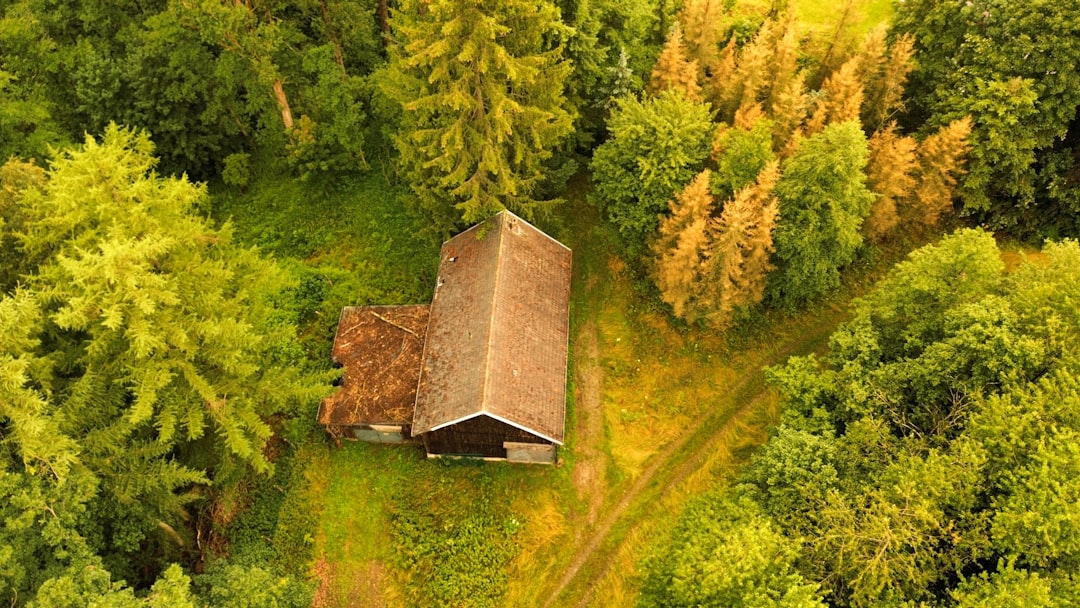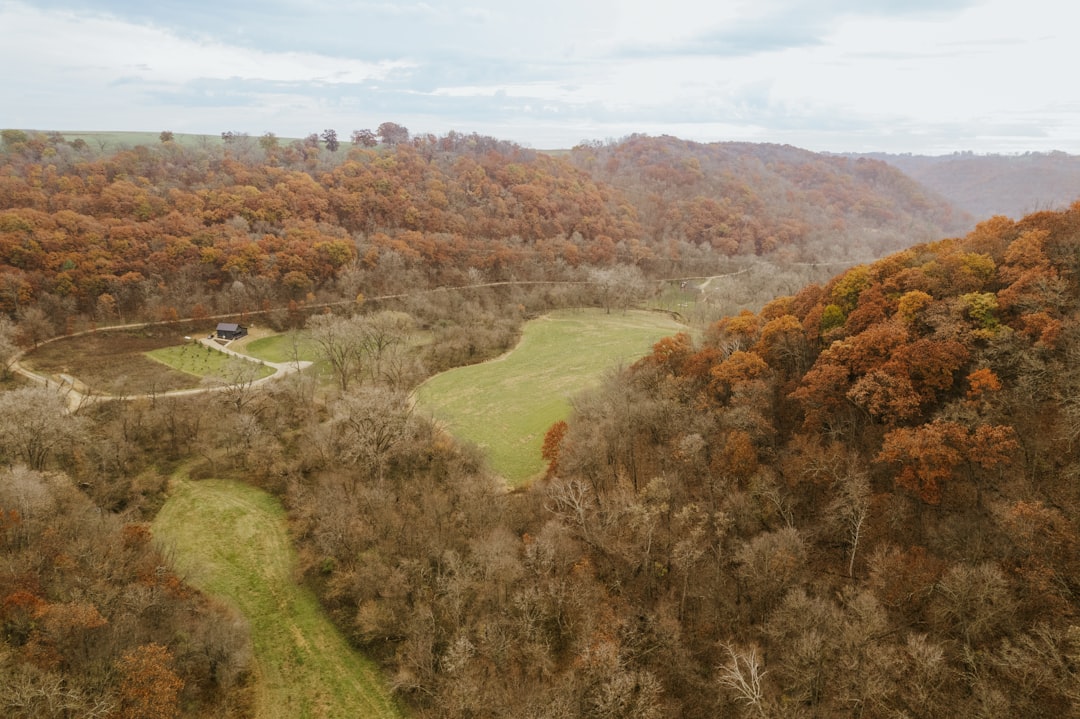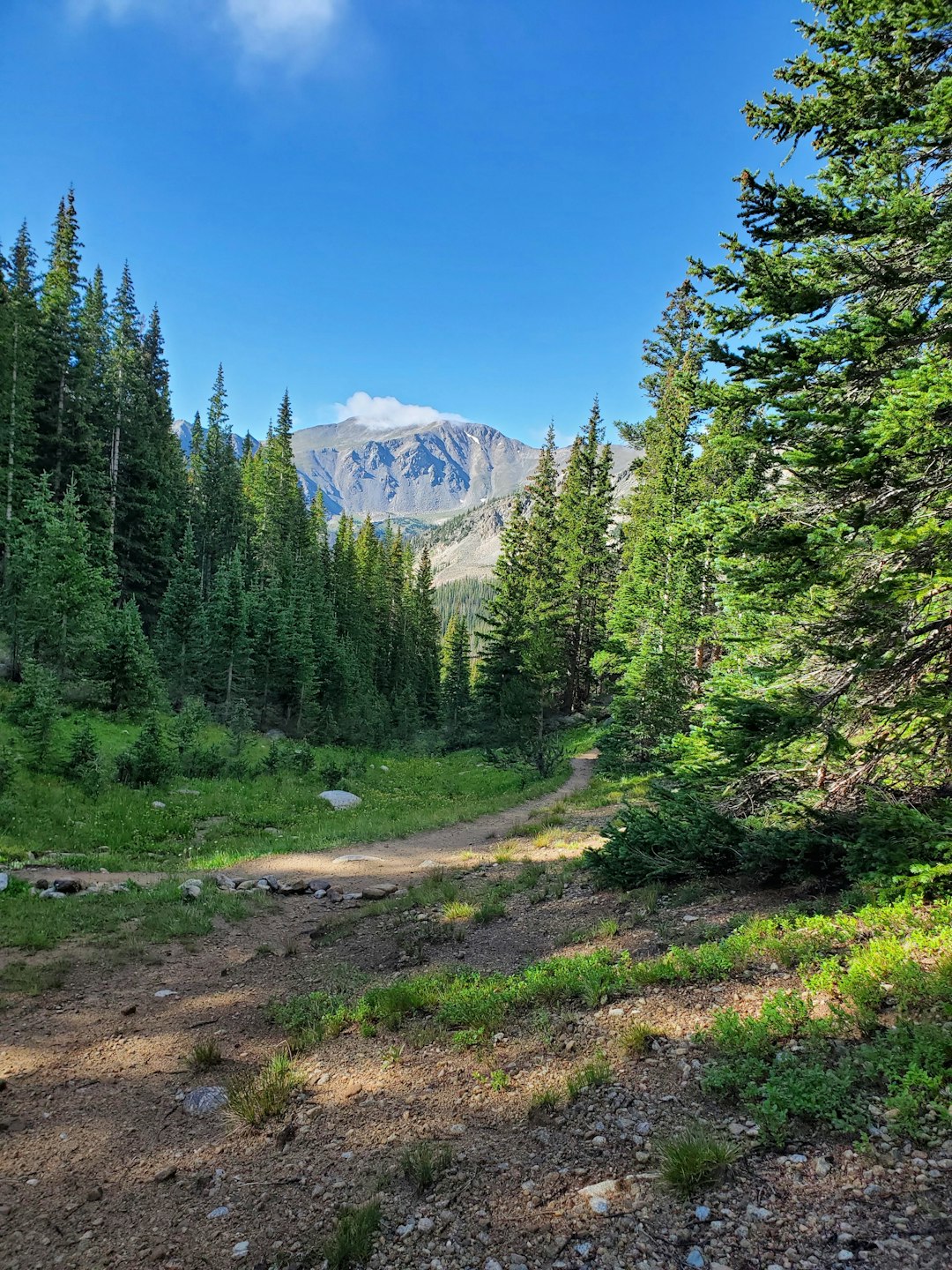Sell land in Wyoming
Checking out Wyoming's Landscape
Wyoming's wide-open spaces, encompassing mountains, plains, and everything in between, create a tapestry of terrain that is as diverse as it is striking. The state is home to iconic national parks such as Yellowstone and Grand Teton, painting a picture of nature's untamed beauty that's ripe for investment. The region's varying elevation and climate result in a wide array of landscapes, offering different types of investment opportunities from recreational land to agricultural properties.
Furthermore, the expansive Wyoming landscape ensures a sense of privacy and exclusivity, making it a haven for those looking to invest in larger parcels of land. Investors must, however, consider the implications of such diversity; the cost of development can vary dramatically based on topography and access to infrastructure. Due diligence in assessing land characteristics is paramount in understanding the potential and limitations inherent to Wyoming's multifaceted landscape.
Topographical surveys and environmental assessments are part of the essential groundwork investors should undertake. By understanding the land's nuances, investors can capitalize on the natural beauty of Wyoming while mitigating challenges that may arise from its geographical and climatic conditions.









